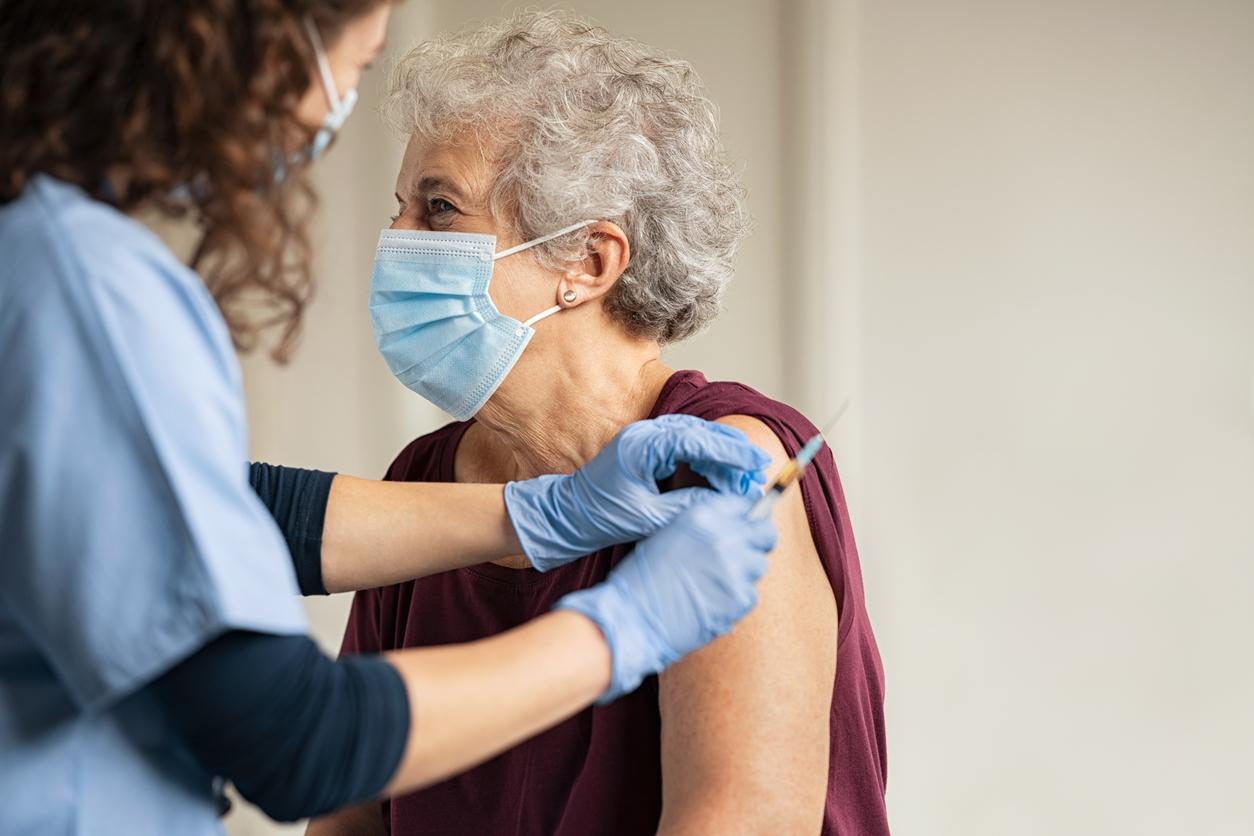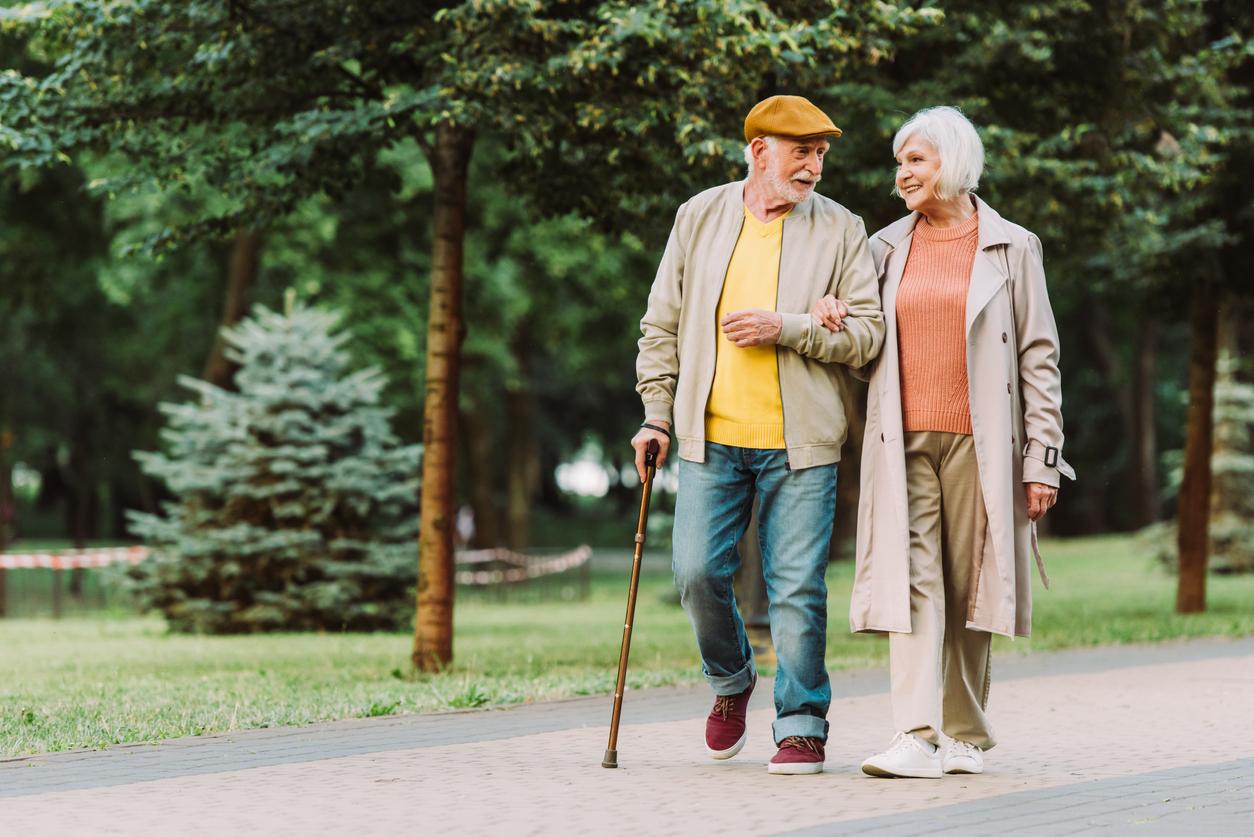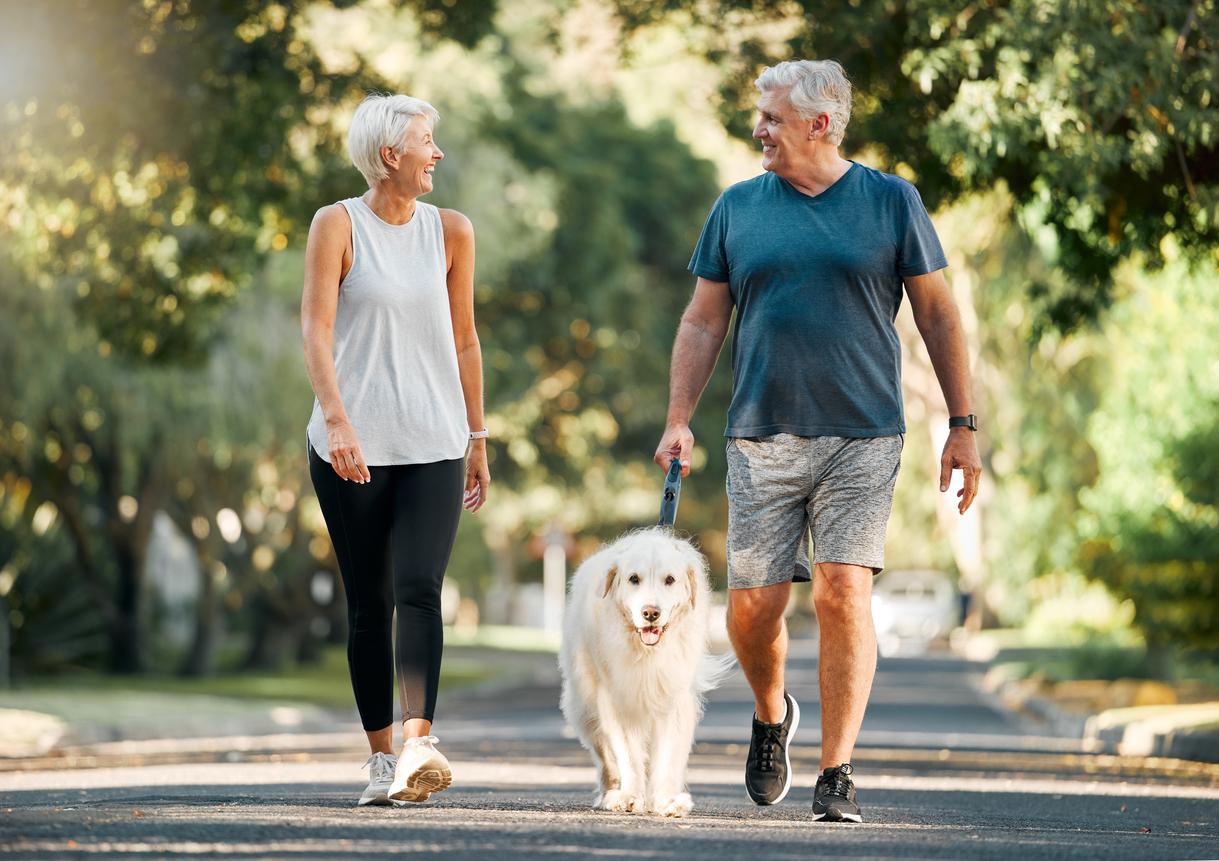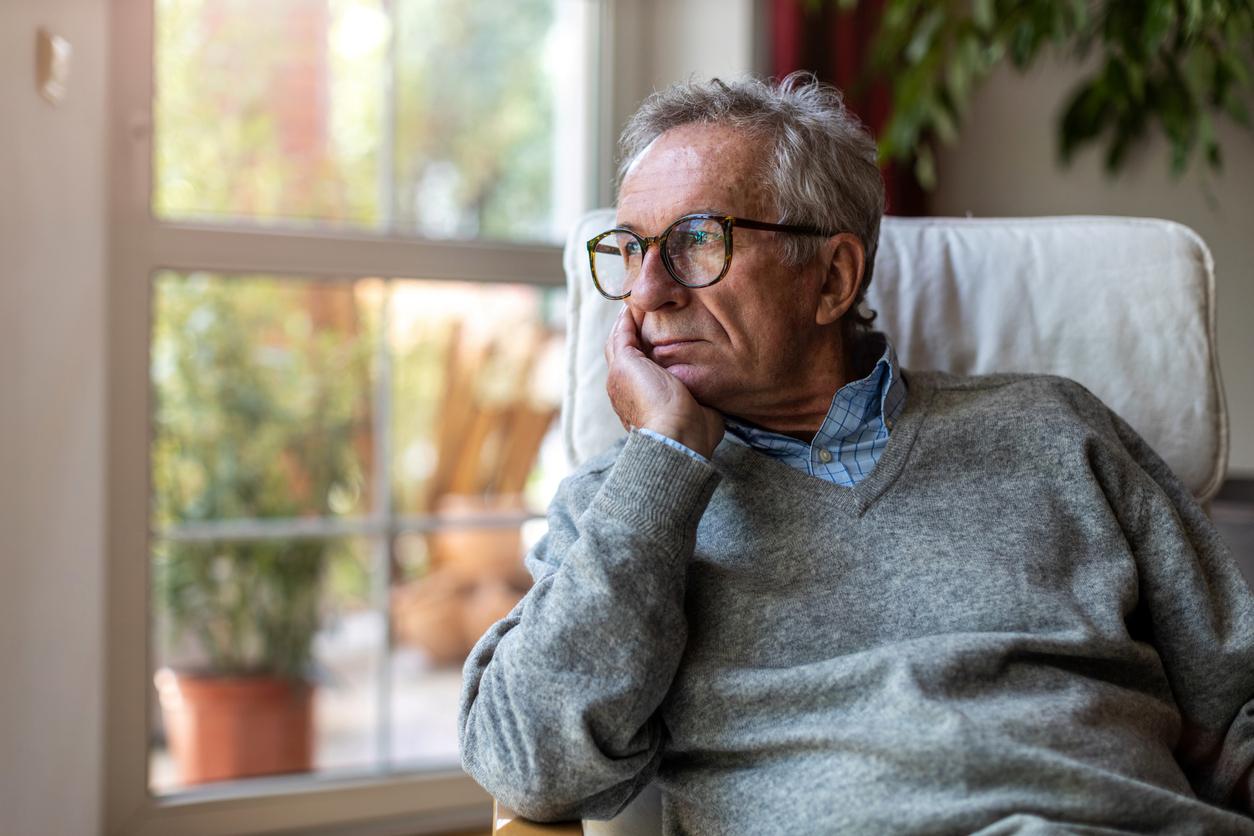The loss of appetite often seen with aging could be linked to hormonal changes, according to a British study.

Appetite comes with eating, it seems. But with age, eating does not cause the same desire, and many elderly people suffer from malnutrition. This phenomenon, also called anorexia of aging, seems to increase with age. Until then, studies had rather focused on the loss of appetite of seniors, but other explanations could come into play. This is in any case what suggests a study published in the review Appetite. Plymouth University researchers recruited 31 participants aged 29 to 92 to explore the influence of their hormones on their food intake. Faced with the difficulty of recruiting men over 80, the study focused on women.
All-you-can-eat breakfast
After a period of fasting, the volunteers were offered a standardized breakfast of 660 Kcal (the average daily intake for a woman is estimated at 2000 Kcal). They are free to eat the amount of food they want, according to their desire and their needs. The study authors then measured the concentration of two hormones ghrelin and peptide YY for three hours after a meal.
As scientists expected, reported scores for appetite, pleasure in eating, and foraging for food decline with age. On the other hand, while they thought that the level of ghrelin would be just as revealing, no significant difference was observed according to the age. This hormone regulates the feeling of hunger and previous work suggested that it could be the cause of loss of appetite in seniors. However, this is obviously not the case.
Satiety involved
On the contrary, notable differences were observed with the YY peptides, in greater quantity in the participants over 80 years of age. This hormone is that of satiety, which could explain a lower food intake in the elderly. The undernutrition it induces causes muscle loss, poorer wound healing, and therefore more hospitalizations and mortality, with increased cost of care. Mary Hickson, co-author of the study and professor of dietetics at the University of Plymouth, therefore recommends continuing this work on a larger number of people, including men. “We had difficulty finding participants over the age of 80 who did not suffer from health problems. Indeed, it was important to be able to attribute with certainty the measurements observed to aging, and not to any pathology, ”she explains. The track of hormonal imbalance must therefore be followed to fight against anorexia of aging and its consequences.
.

















